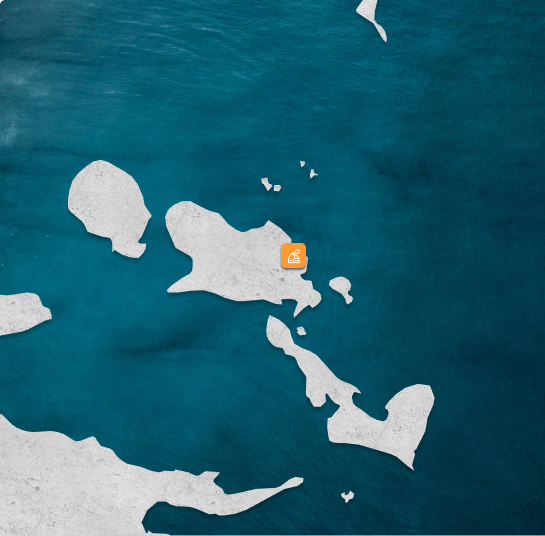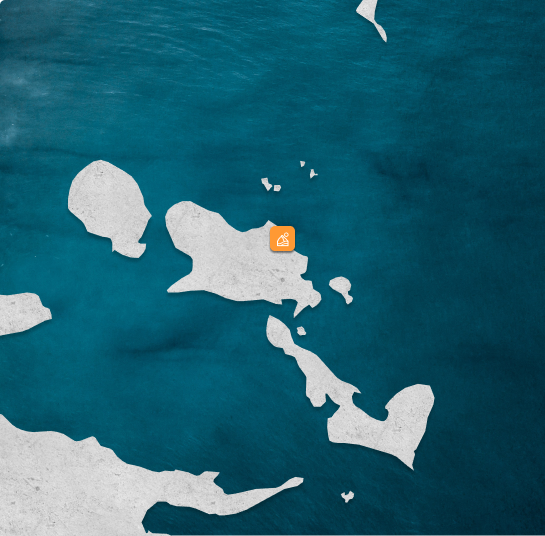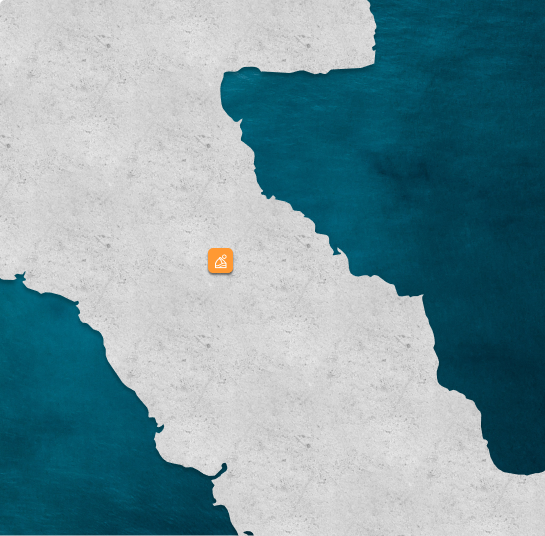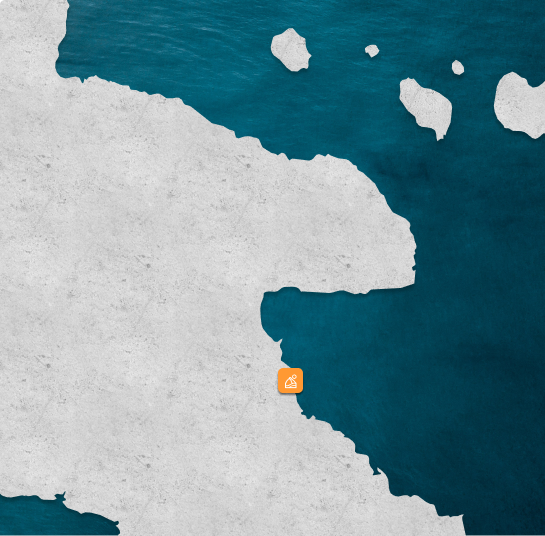Today, the Commission has launched a public consultation on the possible use of the Enforcement Regulation in its dispute settlement case on Indonesian nickel export restrictions.
The EU’s Enforcement Regulation enables the EU to enforce international obligations, to which fellow WTO members have agreed, when a trade dispute is blocked despite the EU’s efforts to follow dispute settlement procedures in good faith.
EU stakeholders have until 11 August 2023 to give their views on using the EU Enforcement Regulation in this case. Based on the results of the consultation, the EU may proceed to propose countermeasures in the autumn. These countermeasures could include the imposition of duties or quantitative restrictions on imports/exports.
At the same time, the EU will continue efforts to reach a mutually agreed solution to the nickel ore dispute, including continuing to invite Indonesia to join the Multi-Party Interim Appeal Arrangement (MPIA).
Background
Indonesia has long-standing restrictions on nickel ore exports which unduly and illegally restrict access to raw materials needed for stainless steel production and distort world market prices of ores, impacting EU and other users and producers. A full ban on the exports of nickel ore has been in place since 2014, while domestic processing requirements on nickel ore have obliged businesses to process or purify the raw materials in Indonesia prior to export.
The EU requested consultations with Indonesia at the WTO on this matter in 2019, and,when these did not yield results, it requested the establishment of a WTO Panel in 2021. The Panel confirmed the EU’s claims – namely that Indonesia’s measures were inconsistent with WTO rules and were not justified by any of the available exemptions – after which Indonesia proceeded to ‘appeal into the void’ on 8 December 2022.




